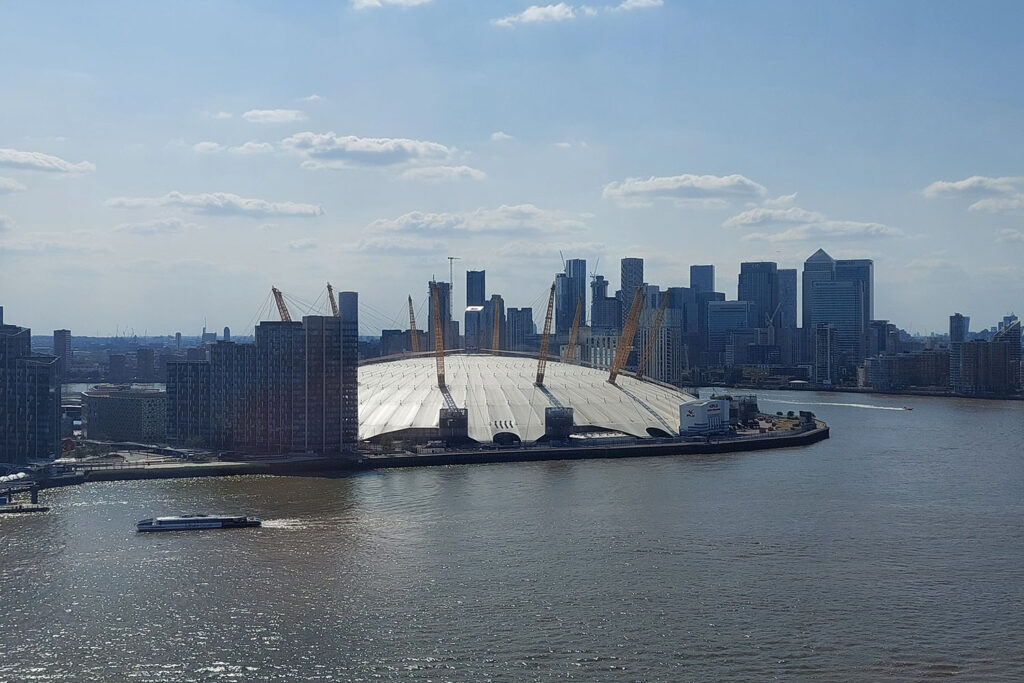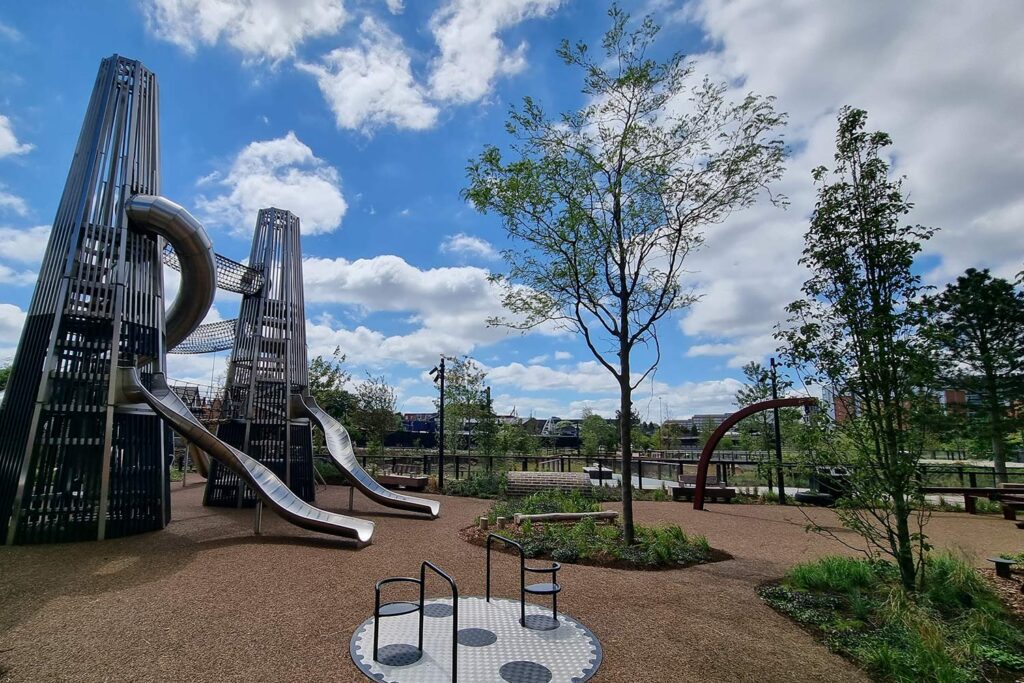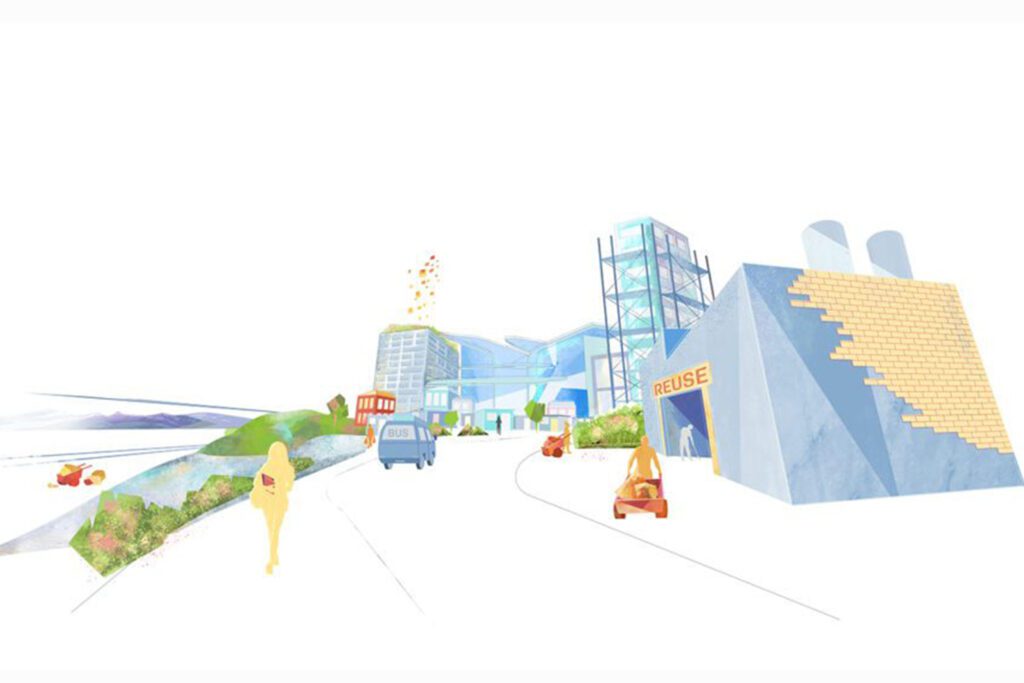Are railways the key to transforming Indonesia’s cities?
Members of our Urban C:lab group met in Semarang, Indonesia, to engage in a design sprint to consider the challenges faced by Kereta Api Indonesia (KAI), the state-owned railway company in Indonesia.
Challenges included how to optimise KAI’s assets and ensure sustainable commercial performance as the Indonesian economy continues to grow and develop. The design sprint from Urban C:lab began by considering the history and importance of rail in the country – it was a central part of development in the late 19th and early 20th centuries – before the road became the transportation mode of choice.

A valuable part of the perspective that Urban C:lab can offer is the collaboration of interdisciplinary teams to tackle complex challenges together. The team spent time ensuring they explored the city of Semarang (a cornerstone of the Indonesian economy), understood the challenges faced by KAI and undertaking a SWOT analysis to highlight its strengths, weaknesses, opportunities and threats.
The design sprint allowed a clear understanding of KAI’s vision, with a desire to be the leading transport ecosystem in Indonesia, encouraging a shift from private to public transport, and increasing frequency of services and adding new rolling stock. A need for digital transformation of business processes was also identified. More importantly, however, was the identification of how KAI’s assets can be utilised not only to improve operational performance, but also drive societal changes such as:
- Increase in sustainable mobility
- Improvements in health and safety when people travel
- Better air quality
- Economic productivity through improved journey times
- More liveable communities through integrated planning.
We are acutely aware that the solutions of tomorrow require innovation today. The kind of analysis and insight provided from the Urban C:lab team allowed identification of opportunities for asset optimisation and digital transformation. However, identifying holistic benefits for broader communities requires collaboration and engagement with key stakeholders. Ultimately, the Urban C:Lab team saw the opportunities not only as a means to operational improvement, but as a key driver for change in Indonesian cities.









